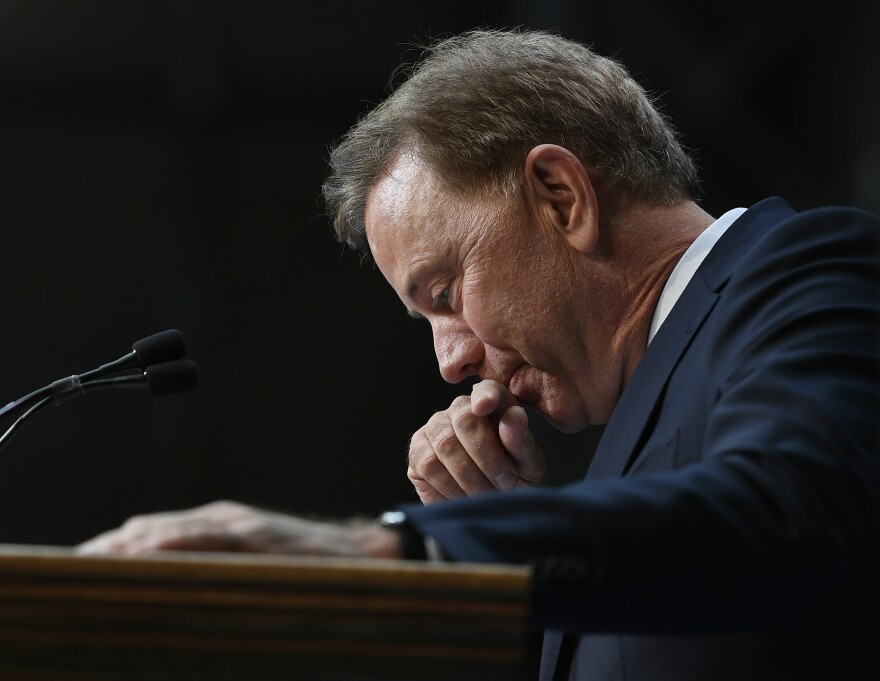The governor and Democratic legislators agree well enough on one thing: Connecticut residents will get some form of tax cuts this legislative session. But the debate for the last three weeks of the session will be over how to offer that relief.
On Wednesday, Democratic House Speaker Matt Ritter identified the two big issues he expects to emerge from financial debates for the remainder of the session.
The first, he said, is a state Child Tax Credit. “You can see it bubbling based on the governor’s comments yesterday. He’s never been a big fan of the Child Tax Credit,” Ritter said, “whereas in our caucus it might be the single most popular thing proposed in the last couple of years.”
Governor Ned Lamont would like to cut taxes on cars and property, and expand a tax credit for the lowest income residents. Democratic lawmakers want to do all that and more, including creating a state Child Tax Credit. Their proposal would give parents up to $600 per child starting in 2024.
Speaking virtually to an audience of business leaders on Tuesday, Lamont said, “You’ve got to watch yourself when the legislature’s in session and make sure we keep within the guardrails that the legislature set for themselves.”
The guardrails are what Ritter identified as the second big issue: the Democrats’ plan for a Child Tax Credit includes a work-around of something called the revenue cap. The cap keeps the legislature from spending over a certain percentage of what’s expected to come in as revenue, and it’s played a big part in stabilizing the state’s finances over the last few years.
Lamont elaborated Tuesday on what keeping the guardrails in place means to him: “No hanky panky when it comes to the spending cap, no fooling around with the revenue cap, no playing games with the rainy day,” he said. “These are all ways we have provided fiscal stability in this state for the first time in a long time.” Lamont has been touting the state’s health finances as he runs for re-election this year.
In response, Ritter said, “I know the governor views it as sort of an end on the spending cap, but it is a little more nuanced than that.” Rep. Sean Scanlon, chair of the Finance, Revenue, and Bonding Committee, told Connecticut Public that funding for the Child Tax Credit would tap existing funds, and would not tamper with mechanisms designed to control the legislature’s spending.


